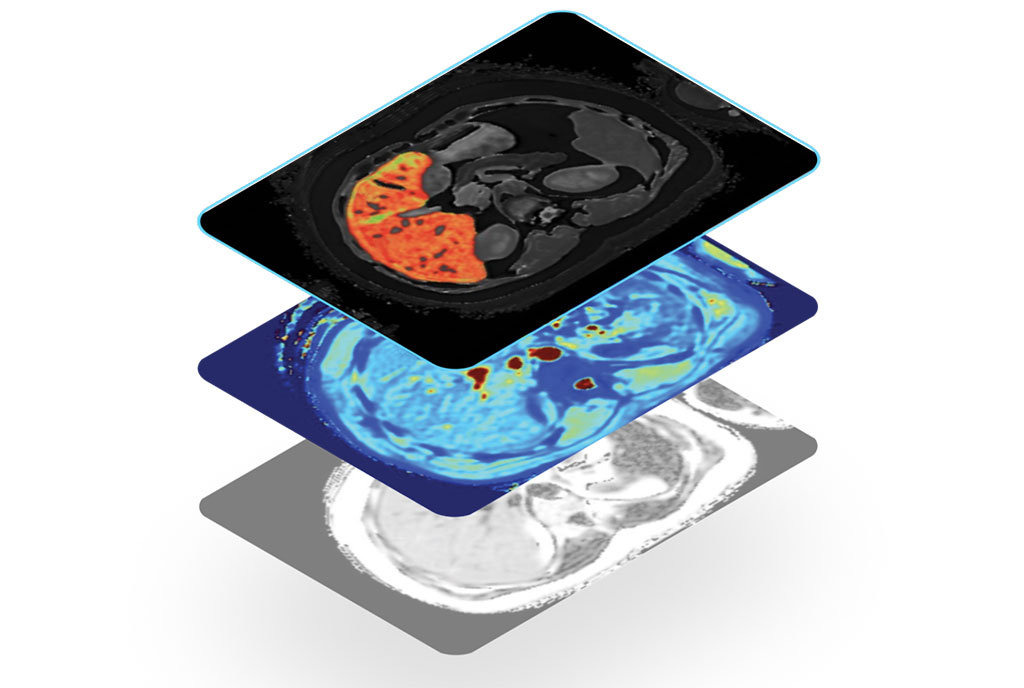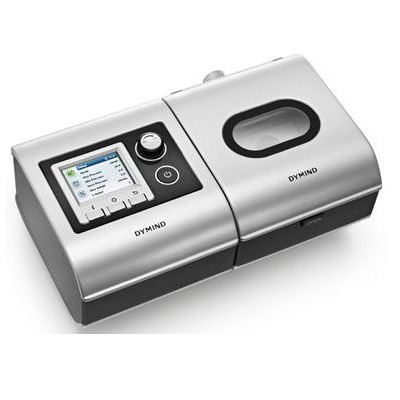AI-Aided MRI Provides Cost-Effective Alternative to Painful, Invasive Liver Biopsies
|
By HospiMedica International staff writers Posted on 29 Sep 2022 |

Patients with autoimmune hepatitis (AIH), a chronic condition, require lifelong treatment with corticosteroids and immunosuppressants. Their clinical management is challenging, with most patients experiencing recurring periods of subdued, followed by flared disease activity - requiring close and continual monitoring using a liver biopsy to adjust drug dose. The expensive, invasive, and imperfect nature of liver biopsy, together with its poor patient acceptance and associated safety risks, especially in children, are driving the urgent need to replace it with cost-effective noninvasive techniques that can accurately monitor disease activity and treatment response in patients with AIH. Now, a new study has shown that an artificial intelligence-enhanced, noninvasive liver health diagnostic tool can be a cost-effective alternative to painful, invasive liver biopsies for monitoring disease activity and treatment response in patients with AIH.
The health economic study performed by Oxford Academic Health Science Network (AHSN, Oxford, UK) showed that Perspectum’s (Oxford, UK) LiverMultiScan could deliver estimated significant cost savings of up to GBP 336,926 for 100 patients over five years if the AI diagnostic tool replaced surveillance liver biopsies in NHS England’s AIH patient care pathways. Over and above reducing healthcare costs, previously published evidence suggests that including LiverMultiScan in the clinical care of patients with AIH could improve clinical decision-making, patient safety, and experience.
LiverMultiScan is a noninvasive MRI scan to aid in the detection of chronic liver disease, delivering a precision image and a detailed, visual report, with quantitative metrics to assess liver tissue characteristics and provide a comprehensive picture of liver health. In a single 15-minute noninvasive MRI procedure, LiverMultiScan provides three clinically significant metrics measuring fibro-inflammation by iron-corrected T1 (cT1), liver fat, measured by proton density fat fraction (PDFF), and correlates of liver iron levels (T2) to help assess the extent of liver disease. LiverMultiScan is the only technology measuring cT1, a proprietary biomarker that measures the level of fibro-inflammation, offering the potential for earlier diagnosis even at the stage when disease progression can still be stopped and reversed, as well as monitoring of disease progression or regression.
“Noninvasive imaging with LiverMultiScan can detect the presence and extent of liver fibro-inflammation in a risk-free manner, resulting in reduced liver biopsy frequency for AIH patients,” noted Mamta Bajre, MBBS, M.Sc. Health Economics, lead author of the study and member of the NHS England’s Oxford AHSN. “Our study demonstrates that integrating LiverMultiScan in AIH patient pathways leads to significant cost savings for the NHS, while reducing hospitalisation and management costs associated with liver biopsy. By eliminating risks and complications associated with liver biopsy, LiverMultiScan helps improve patient outcomes and experience.”
“Although necessary for diagnosis, liver biopsy is not sustainable for long-term monitoring of patients with AIH. Factoring in LiverMultiScan’s economic benefits shown in this independent study with its ability to positively impact clinical management by detecting sub-clinical disease and predicting clinical outcomes, along with feedback from all stakeholders involved in patient care, I can say LiverMultiScan is probably one of the best monitoring tools to support the management of patients with AIH,” said Elizabeth Shumbayawonda, Ph.D., a clinical scientist spearheading the research in AIH and other autoimmune liver diseases at Perspectum.
Related Links:
AHSN
Perspectum
Latest MRI News
Channels
Critical Care
view channel
Light-Based Technology to Measure Brain Blood Flow Could Diagnose Stroke and TBI
Monitoring blood flow in the brain is crucial for diagnosing and treating neurological conditions such as stroke, traumatic brain injury (TBI), and vascular dementia. However, current imaging methods like... Read more
AI Heart Attack Risk Assessment Tool Outperforms Existing Methods
For decades, doctors have relied on standardized scoring systems to assess patients with the most common type of heart attack—non-ST-elevation acute coronary syndrome (NSTE-ACS). The GRACE score, used... Read moreSurgical Techniques
view channel
Minimally Invasive Endoscopic Surgery Improves Severe Stroke Outcomes
Intracerebral hemorrhage, a type of stroke caused by bleeding deep within the brain, remains one of the most challenging neurological emergencies to treat. Accounting for about 15% of all strokes, it carries... Read more
Novel Glue Prevents Complications After Breast Cancer Surgery
Seroma and prolonged lymphorrhea are among the most common complications following axillary lymphadenectomy in breast cancer patients. These postoperative issues can delay recovery and postpone the start... Read morePatient Care
view channel
Revolutionary Automatic IV-Line Flushing Device to Enhance Infusion Care
More than 80% of in-hospital patients receive intravenous (IV) therapy. Every dose of IV medicine delivered in a small volume (<250 mL) infusion bag should be followed by subsequent flushing to ensure... Read more
VR Training Tool Combats Contamination of Portable Medical Equipment
Healthcare-associated infections (HAIs) impact one in every 31 patients, cause nearly 100,000 deaths each year, and cost USD 28.4 billion in direct medical expenses. Notably, up to 75% of these infections... Read more
Portable Biosensor Platform to Reduce Hospital-Acquired Infections
Approximately 4 million patients in the European Union acquire healthcare-associated infections (HAIs) or nosocomial infections each year, with around 37,000 deaths directly resulting from these infections,... Read moreFirst-Of-Its-Kind Portable Germicidal Light Technology Disinfects High-Touch Clinical Surfaces in Seconds
Reducing healthcare-acquired infections (HAIs) remains a pressing issue within global healthcare systems. In the United States alone, 1.7 million patients contract HAIs annually, leading to approximately... Read moreHealth IT
view channel
Printable Molecule-Selective Nanoparticles Enable Mass Production of Wearable Biosensors
The future of medicine is likely to focus on the personalization of healthcare—understanding exactly what an individual requires and delivering the appropriate combination of nutrients, metabolites, and... Read moreBusiness
view channel
Philips and Masimo Partner to Advance Patient Monitoring Measurement Technologies
Royal Philips (Amsterdam, Netherlands) and Masimo (Irvine, California, USA) have renewed their multi-year strategic collaboration, combining Philips’ expertise in patient monitoring with Masimo’s noninvasive... Read more
B. Braun Acquires Digital Microsurgery Company True Digital Surgery
The high-end microsurgery market in neurosurgery, spine, and ENT is undergoing a significant transformation. Traditional analog microscopes are giving way to digital exoscopes, which provide improved visualization,... Read more
CMEF 2025 to Promote Holistic and High-Quality Development of Medical and Health Industry
The 92nd China International Medical Equipment Fair (CMEF 2025) Autumn Exhibition is scheduled to be held from September 26 to 29 at the China Import and Export Fair Complex (Canton Fair Complex) in Guangzhou.... Read more
















